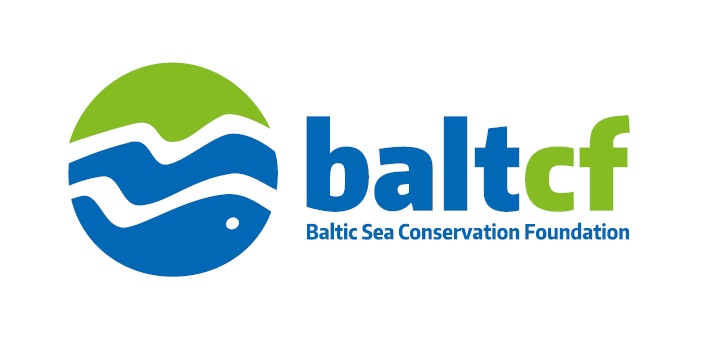PLASTIC FREE BALTIC
Fri, 09/22/2017 - 09:03Did you know that 3 trillion plastic particles end up in the waters of our Planet every year?
One of the sources - personal care products and cosmetics. A study of the Baltic Sea shows that each year we wash off around 130 tons of microplastic particles and about 40 tons of which goes into the water.
The microplastics can be contained in shampoos, shower gels, creams and even soap.
Manufacturers add it to the product composition as exfoliating or cleansing supplements.
With wastewaters microplastics falls into the Gulf of Finland and the Baltic Sea, marine inhabitants can take it for food. In the marine environment microplastics act like a "magnet", absorbing dangerous chemicals dissolved in the water. Following the food chain these chemicals can get on our table with fish and seafood.
Recent studies have shown that the remnants of the microplastics were found in sea salt we eat. Please, try to avoid cosmetics and skin care with the following components:
Acrylatescopolymer (АС), Acrylatescrosspolymer (ACS), Ethylen-Vinilacetat-Copolymer, Nylon-6,Nylon-12, Polyquaternium, Polystyrene, Polyquaternium-7, Polyethylene (PE), Polypropylen (PP), Polyethylenterephtalat (PET), Polyurethan (PUR), Polyurethan-2,Polyurethan-14, Polyurethan-35.
Download "Microplastics – an invisible problem” booklet.
Download "Microplastic shopping guide"
The first studies of microplastics and problem of plastic contamination were carried out in the project "Plastic Free Baltic".
The project, dedicated to the problem of marine debris and microplastics in water bodies began in April 2018. Follow the news of the project "More Baltic, Less Plastic".
Contact us for additional information by phone +7(952)3801601 and email lizaveta.sergeevna@yandex.ru





